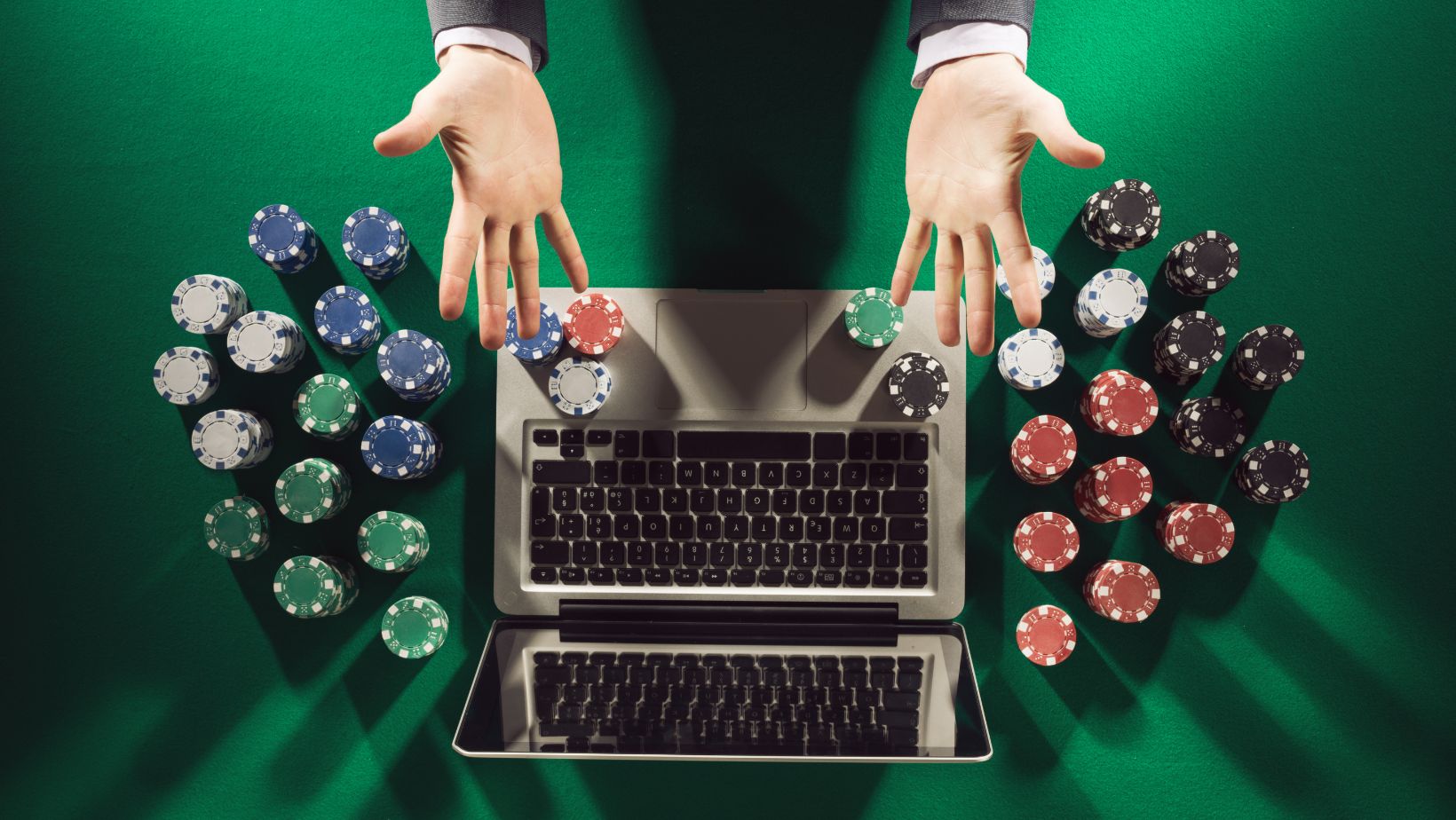Ever wonder why you keep playing despite losing? Or why that “one more spin” turns into twenty? You’re not weak-willed—you’re being manipulated.
I’ve spent thousands of hours gambling online, and I’ve fallen for every psychological trick in the book. Now I see them coming from a mile away.
Let me show you the invisible hooks that keep you playing—and how to unhook yourself when needed.
Before diving into psychological manipulation techniques, consider platforms like Jet 4 Bet Casino, where transparency in gameplay mechanics helps players maintain control. Their welcome package offers up to €15,000 plus 350 free spins across four tiers, complemented by daily cashback up to 15% and a comprehensive VIP program with rewards ranging from free spins to luxury gifts like Rolex watches.
The Near-Miss Effect
That moment when two jackpot symbols land and the third one juuuust misses? That’s no accident.
Modern slots are programmed to show near-misses far more often than random chance would create. Your brain registers these as “almost winning” rather than “definitely losing.”
I once tracked 100 spins on a popular online slot. In random distribution, near-misses should happen about 3-4% of the time. I counted 23 near-misses. That’s by design.
Quick tip: When you see a near-miss, say out loud: “This is a complete loss designed to look like almost winning.” Breaking the psychological spell helps enormously.
False Skill Elements
Some games let you “stop” spinning reels or pick bonus items yourself. These choices create the illusion that you influence outcomes.

Here’s the truth: In licensed online casinos, the result is determined the instant you hit “spin.” Those stopping buttons? Pure theater.
I tested this by recording gameplay on a “skill-stop” slot. Whether I stopped the reels instantly or let them spin naturally, my win rate remained identical over 500 spins.
Loss Disguised as Wins
This one’s sneaky. You bet $1 on a slot with 20 paylines. You win 15 cents on one line—and the game celebrates with flashing lights and sounds!
But you just lost 85 cents.
These “LDWs” (losses disguised as wins) keep your dopamine flowing while your balance steadily drops. I tracked my sessions and discovered 60% of my “wins” were actually net losses.
Warning: Games with lots of paylines use this trick most often. If you’re celebrating wins but your balance keeps shrinking, check if you’re actually winning more than your total bet.
Ambient Casino Design
Online casinos mimic their physical counterparts with:
- Constant movement to create excitement
- Animated coins and bills flying everywhere
- Sound effects that emphasize wins (never losses)
- No clocks or time indicators
I once played what I thought was a 20-minute session. When I checked my phone, two hours had passed. The timeless environment is deliberately crafted.
Variable Reward Schedules
This might be the most powerful trick of all.
Unpredictable rewards create stronger habits than consistent ones. It’s why slots are more addictive than lottery tickets—you might win on the very next spin!
Here’s what happened when I tracked two identical sessions:
- Game A: Small, frequent payouts
- Game B: Rare but larger wins
Game B kept me playing 3x longer despite having the same mathematical return. The unpredictability was hypnotic.
To better understand how unpredictable rewards affect your gaming behavior, practice with danger high voltage slot in demo mode. Experiencing the game’s high-voltage excitement without real money helps you recognize how variable reward patterns influence your playing duration.
How to Outsmart Your Brain
1. Set strict time limits (not money limits)
Money limits fail because we raise them when we hit them. “Just $20 more” is gambling’s version of “just one more potato chip.”

Time limits work better. I use a loud kitchen timer placed across the room. When it rings, I’m done—win or lose.
2. Count your actual decisions
Instead of unlimited play, give yourself 50 decisions (spins, hands, whatever). Mark each one mentally.
This works because it makes each choice deliberate, bypassing the autopilot mode casinos love. It also creates a definite endpoint.
3. Challenge the “hot streak” fallacy
When I win three times in a row, I now reduce my bet instead of increasing it. This counters my brain’s pattern-seeking tendency.
Random events don’t become “due” for a correction, and machines don’t get “hot.” But your perception absolutely changes when you’re winning.
4. Use the “walk away” test
Simply ask: “Could I walk away right now without regret?”
If the answer is no, you’re caught in a trigger loop. I’ve saved thousands by forcing myself to take a 10-minute break whenever I fail this test.
Insight: Most gambling triggers lose power after 10 minutes away from the screen. Your brain resets surprisingly quickly.
The Bottom Line
The house always wins over time—that’s just math. But you can decide when and how you play.
These psychological triggers are neither good nor evil; they’re just part of the entertainment you’re paying for. Being aware of them turns you from manipulated to informed.
And in gambling, information is the only real edge you’ll ever have.
